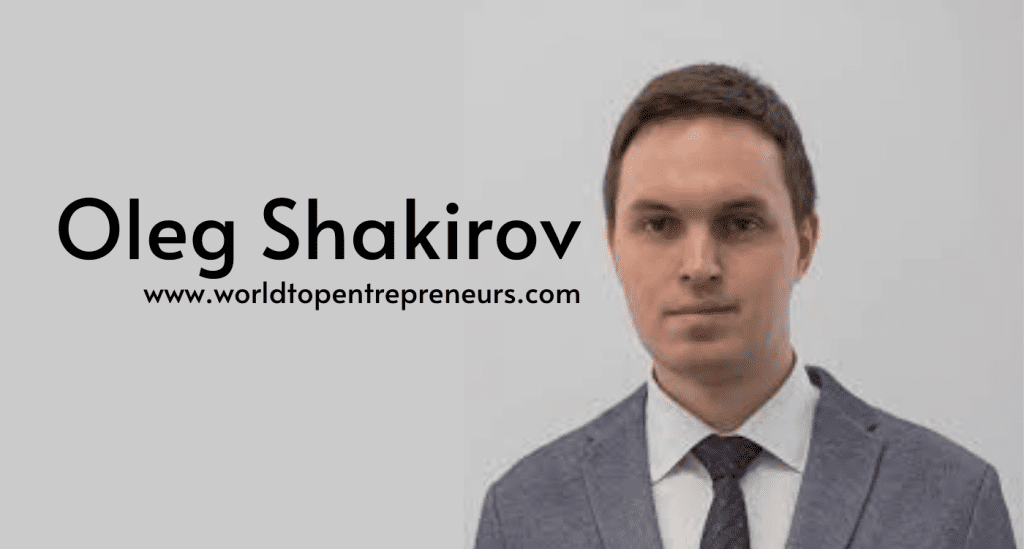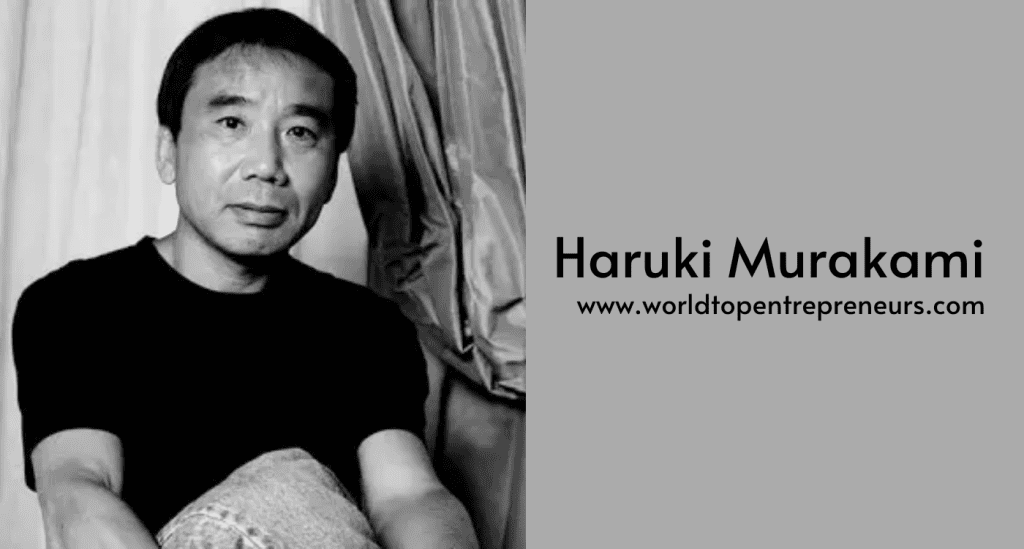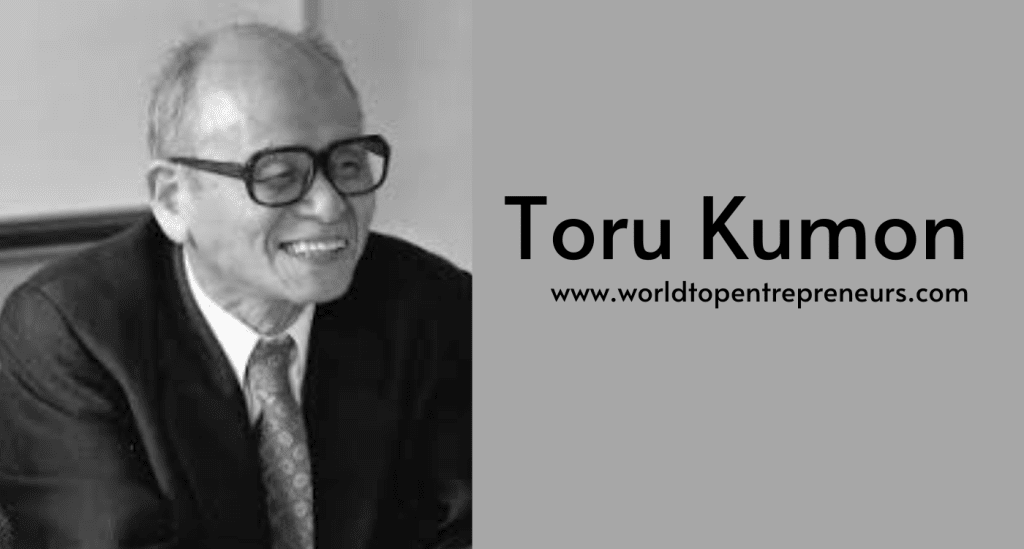Oleg Shakirov is an influential figure in the world of strategic intelligence, known for his leadership at the PIR Center—one of Russia’s premier think tanks focused on nuclear, arms control, and international security. Through his dedication to research, policy analysis, and international cooperation, Shakirov has helped shape discussions on critical global issues, particularly those related to security and disarmament. His entrepreneurial journey, academic background, and contributions to geopolitics have positioned him as a respected expert and leader in his field. This blog will delve into Oleg Shakirov’s path to success, his role at the PIR Center, and the impact of his work on the world stage.
Early Life and Educational Background
Oleg Shakirov was born in Russia in an era of political and economic change. As the world was transitioning into the post-Soviet period, Shakirov’s early years were marked by an intellectual curiosity about the world around him, particularly in the fields of international relations and security studies. Growing up during a time of significant geopolitical shifts, Shakirov was naturally drawn to the complexities of global politics, diplomacy, and arms control.
Shakirov’s academic journey began at the Moscow State Institute of International Relations (MGIMO), one of Russia’s top universities specializing in political science, international relations, and diplomacy. The university provided Shakirov with a robust foundation in international affairs, an understanding of geopolitical dynamics, and exposure to key issues surrounding global security and military strategy. MGIMO’s prestigious reputation, coupled with Shakirov’s own intellectual rigor, laid the groundwork for his future work in policy analysis and security studies.
Shakirov’s education wasn’t limited to the classroom. He actively engaged in various research projects and discussions about the changing landscape of global politics in the post-Soviet world. His early academic experiences provided him with a nuanced understanding of international law, disarmament policy, and arms control treaties, subjects that would later become central to his professional career.
Career Beginnings and Transition into Strategic Intelligence
After completing his studies, Oleg Shakirov entered the world of policy research and strategic analysis. His first major professional steps were within the Russian governmental and non-governmental think tanks, where he focused on the strategic implications of nuclear disarmament, non-proliferation, and arms control. Shakirov worked on various projects related to global security, contributing to research papers, policy briefs, and discussions with key stakeholders in international relations.
In the early stages of his career, Shakirov also worked closely with other renowned organizations dedicated to international peace and security, such as the Russian Academy of Sciences and various international nuclear security organizations. This exposure not only deepened his expertise but also gave him a broader view of the role that strategic intelligence and research play in shaping global diplomatic and security outcomes.
Founding and Leading the PIR Center
Shakirov’s major entrepreneurial leap came with his involvement in the PIR Center, a think tank dedicated to addressing critical issues related to nuclear non-proliferation, arms control, and international security. Founded in 1994 by Alexei Arbatov and other Russian security experts, the PIR Center has established itself as one of the foremost research institutions in Russia focusing on the intersection of security policy, disarmament, and global governance.
Shakirov joined the PIR Center in its early days and quickly rose through the ranks, becoming an influential leader within the organization. Under his stewardship, the PIR Center expanded its scope of research, focusing on a wide range of topics, including strategic arms limitation, nuclear safety, and global security challenges.
One of Shakirov’s early contributions to the PIR Center was his ability to bridge the gap between Russian security policy and international diplomatic efforts. His deep understanding of both Russian national interests and the global security environment made him a key figure in fostering international cooperation on disarmament and non-proliferation issues. He played a significant role in the PIR Center’s partnerships with international organizations, including the United Nations, NATO, and other global security bodies.
Key Achievements and Contributions at the PIR Center
Oleg Shakirov’s work at the PIR Center has been marked by numerous achievements and contributions to international diplomacy and global security. His leadership has helped the organization become a central hub for research and policy analysis on nuclear security, arms control, and geopolitics. Some of Shakirov’s most notable accomplishments include:
- Nuclear Security and Disarmament Advocacy: Under Shakirov’s leadership, the PIR Center has become a key player in advocating for global nuclear disarmament and arms control. He has worked extensively on policy proposals aimed at reducing the global nuclear arsenal and promoting non-proliferation efforts. Shakirov’s work has been instrumental in shaping Russian policy on nuclear weapons, particularly in the context of arms reduction treaties like New START and the Treaty on the Non-Proliferation of Nuclear Weapons (NPT).
- Research on International Security: The PIR Center under Shakirov’s guidance has conducted in-depth research on emerging threats to global security, including cybersecurity, terrorism, and the geopolitical tensions surrounding nuclear weapons. Shakirov has emphasized the need for comprehensive global security strategies that incorporate not just military considerations but also diplomatic, economic, and technological dimensions.
- Diplomatic Engagement and Track-II Diplomacy: Shakirov has been deeply involved in Track-II diplomacy, which involves informal, non-governmental dialogues between security experts, academics, and policy-makers from different countries. Through these dialogues, Shakirov has fostered communication and understanding between Russia and the West on issues related to nuclear arms control, strategic stability, and regional conflicts.
- Influence on Russian and International Policy: Shakirov’s contributions have influenced both Russian domestic policy and international discussions on nuclear non-proliferation. He has played a role in advising Russian diplomats, government officials, and international bodies on key issues related to arms control and global security governance.
- Educational Initiatives: In addition to his work in research and policy advocacy, Shakirov has been instrumental in the PIR Center’s educational programs. The center has run a number of initiatives aimed at educating the next generation of security experts, diplomats, and policy analysts. Through these programs, Shakirov has ensured that future leaders in the field are equipped with the knowledge and skills needed to tackle the complex issues of international security and nuclear non-proliferation.
Struggles and Challenges
Despite his successes, Shakirov’s journey has not been without challenges. The field of strategic intelligence and international security is often fraught with political sensitivities, geopolitical rivalries, and diplomatic tensions that can complicate efforts to create consensus on key security issues.
One of the major challenges faced by Shakirov and the PIR Center has been the shifting dynamics of global security in recent years. With rising tensions between Russia and Western nations, particularly after the annexation of Crimea in 2014, the role of think tanks like the PIR Center in promoting dialogue on arms control and disarmament has become increasingly difficult. Shakirov has had to navigate a complex political landscape, balancing national interests with the need for international cooperation.
Another challenge for Shakirov has been ensuring that the PIR Center remains an influential voice in a rapidly changing global security environment. As new threats such as cyber warfare, terrorism, and emerging technologies have gained prominence, the PIR Center has had to adapt its research agenda and focus on new areas of security studies. This requires constant innovation and adaptation, something Shakirov has worked hard to maintain throughout his tenure.
Legacy and Leadership
Oleg Shakirov’s leadership at the PIR Center has left an indelible mark on the field of international security studies. His commitment to nuclear disarmament, strategic arms control, and global peace has made the PIR Center a critical voice in shaping Russia’s security policies and fostering international cooperation on arms control.
Shakirov’s legacy will be remembered for his ability to balance academic rigor with practical diplomacy, his commitment to education, and his advocacy for global security governance. Under his leadership, the PIR Center has contributed significantly to advancing the global conversation on disarmament, strategic stability, and nuclear non-proliferation.
Conclusion
Oleg Shakirov’s entrepreneurial journey is one defined by intellectual curiosity, diplomatic engagement, and a commitment to global peace and security. As the leader of the PIR Center, he has worked tirelessly to influence policy, educate future generations of security experts, and foster international dialogue on critical issues. His contributions to the field of strategic intelligence and his advocacy for nuclear disarmament will continue to shape the landscape of global security for years to come.





















